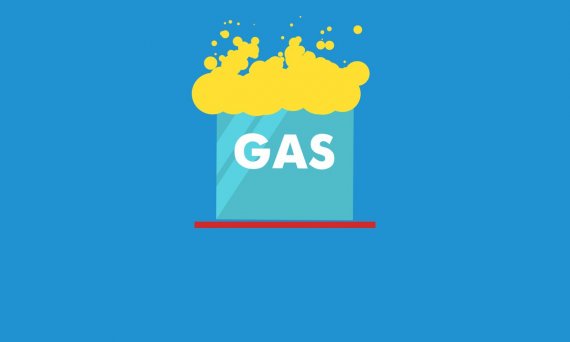The registration for the first online course “RUSSIA'S GAS STRATEGY” launched at the Stepic platform is opened. Irina Mironova, senior lecturer of the ENERPO program recorded 23 lessons on the global enery market and the place of Russia. The course will last from April 18 till June 13. Participation is free of charge but preliminary registration is required.
Irina Mironova
Lecturer at ENERPO Program at the European University at Saint Petersburg and PhD candidate (Energy Security and Economics) at the Energy Research Institute of the Russian Academy of Sciences (Moscow, Russia)
My research focuses on pricing mechanisms and contract structures in international gas markets. More broadly, fields of scientific interest include energy security and energy geopolitics; sustainable development and the role of energy; energy mix and energy transition; the role of gas in energy transition; companies in the energy sector and their interests, priorities and drivers in business strategies. I hold MA degree in International Relations from the University of Groningen (Groningen, the Netherlands) and BA degree in Oriental Studies from the Ural State University (Ekaterinburg, Russia). I have worked as the Deputy Editor-in Chief of ‘Security Index’, a peer-reviewed journal on international security published by the Russian Center for Policy Studies (Moscow, Russia; 2010-2012); done a research fellowship at the Energy Charter Secretariat (Brussels, Belgium; 2013); and several research internships, including an internship at Clingendael International Energy Programme (The Hague, the Netherlands; 2009-2010).
Detailed description
As of today, there is no global gas market; the role (or even power) of a gas exporter on an international scale is determined by its ability to supply different regional markets. Up until recently, Russia has been solely directing its gas exports toward Europe. The role of the key European gas supplier has meant both opportunities and difficulties for Russia: on the one hand, demand was secured via long-term contracts; on the other, geopolitical complications and concerns over the European security of supply induce the EU to find new ways to decrease its dependence on Russian supplies. The global economic crisis and the “shale revolution” have changed the landscape of the world gas markets, particularly in Europe, which is the core for Russia’s exports. Moreover, 2014 brought tensions between Russia and the West which has resulted into sanctions regime, some measures of which target the energy sector. The oil price was at its historical lows in 2015, while the Russian economy entered into a recession. All these conditions clearly demonstrate that the conditions for Russian gas exports are significantly different now than a decade ago. Is pivot to Asia a solution? To what extent can the companies adjust their strategies to the new context?
The course will look into the supply and demand balances (including historical perspectives) of the core target markets, the existing set-up in terms of the degree of market integration, market structure, regulation and governance features, competition and price setting mechanisms. Target markets for the purpose of this course will include Europe, Asia Pacific, and the Russian domestic market. The level of demand is determined by Russia’s regulation on gas exports and the specifics of the relations between Gazprom and domestic independent gas producers. Therefore, the set-up of the domestic gas sector in Russia will also be studied within the course.
The aim of the course is to provide students with the understanding of dynamic development of the gas markets; to place Russian exports within the wider context of the regional gas markets development trends; and ultimately to explain the issue of Russian gas strategies from an economic and geopolitical perspective.
